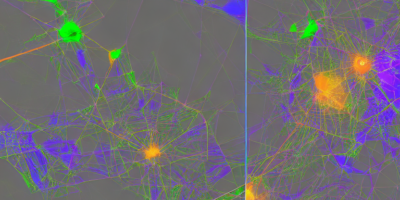In this paper, we propose a new algorithm called Average Consensus Protocol (ACP) to ensure safe exponential convergence in multi-agent systems. The protocol is designed to handle dynamic environments and diverse agent behaviors by combining consensus protocols with average-based decision-making. We use a jerk sequence to gradually apply braking limits to the current acceleration, allowing for a soft transition phase between braking limits provided by the consensus protocol.
To understand how ACP works, imagine a group of drivers on a busy road, each trying to reach their destination while avoiding collisions. The drivers must agree on a common speed limit to ensure safety, but they may not always be able to communicate effectively. That’s where ACP comes in – it helps the drivers reach an agreement by gradually adjusting their speeds until they can all safely converge to the same speed limit.
The protocol works by dividing the agents into leaders and followers. The leaders agree on a new braking limit, and the followers verify whether the limit is safe based on their current position and velocity. If the verification fails, the follower sends a confirmation request to the leader, who then adjusts the braking limit accordingly. This process continues until all agents have safely converged to the same speed limit.
One of the key innovations of ACP is its use of an average-based decision-making mechanism. Instead of relying on a single leader or consensus protocol, ACP uses an average of the current braking limits to make decisions. This helps ensure that the agents can safely converge even in dynamic environments where the number of leaders or followers may change.
ACP also addresses the problem of non-stationarity, which occurs when the environment changes over time. By gradually adjusting the braking limits based on the average speed of the agents, ACP can adapt to changing conditions without disrupting the convergence process.
In summary, ACP is a new algorithm that combines consensus protocols with average-based decision-making to ensure safe exponential convergence in multi-agent systems. By gradually adjusting braking limits based on an average speed limit, ACP can handle dynamic environments and diverse agent behaviors while ensuring safety and efficiency.
Electrical Engineering and Systems Science, Systems and Control
Safety-Centric Approach to Cooperative Platooning



